Resources
Find everything you need to learn how to build world-class systems with EventStoreDB.Search:
Beginner Guides
-

New to Event Sourcing and need an overview of the key concepts? Our Beginner's Guide to Event Sourcing is a great place to start and includes diagrams and code snippets to help explain things. -

Beginner's Guide to CQRS
Read time: 10 minutesCQRS is an architectural pattern acronym, standing for Command Query Responsibility Segregation. It divides a system’s actions into commands and queries. This guide explains the benefits of CQRS and its core principles, as well as some misconceptions around the pattern. -

Beginner's Guide to Event-Driven Architecture
Read time: 10 minutesEvent-driven architecture is a software architecture paradigm that considers the individual messages of a network of services to be events, rather than requests. Read more in our beginner's guide.
Webinars
-
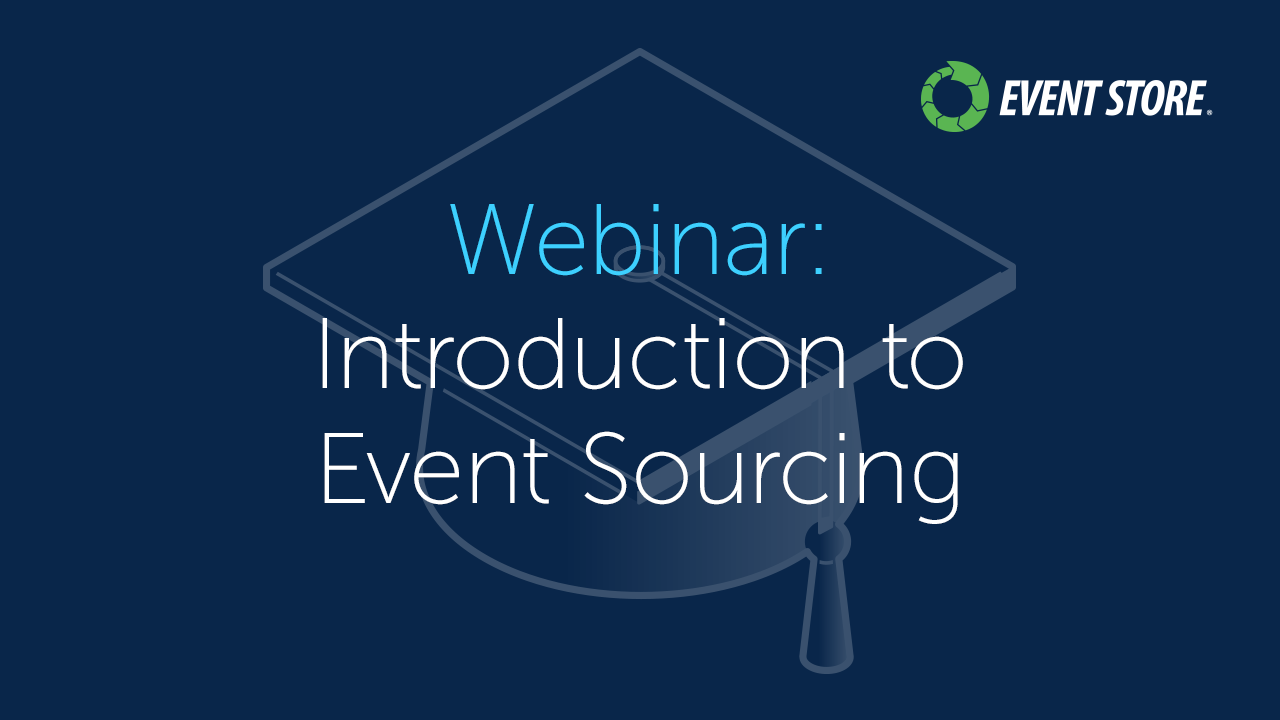
Introduction to Event Sourcing
Duration: 2 hoursThis webinar is a practical introduction for developers and architects who are new to Event Sourcing and are interested in seeing how to convert business requirements into an event-sourced application. -
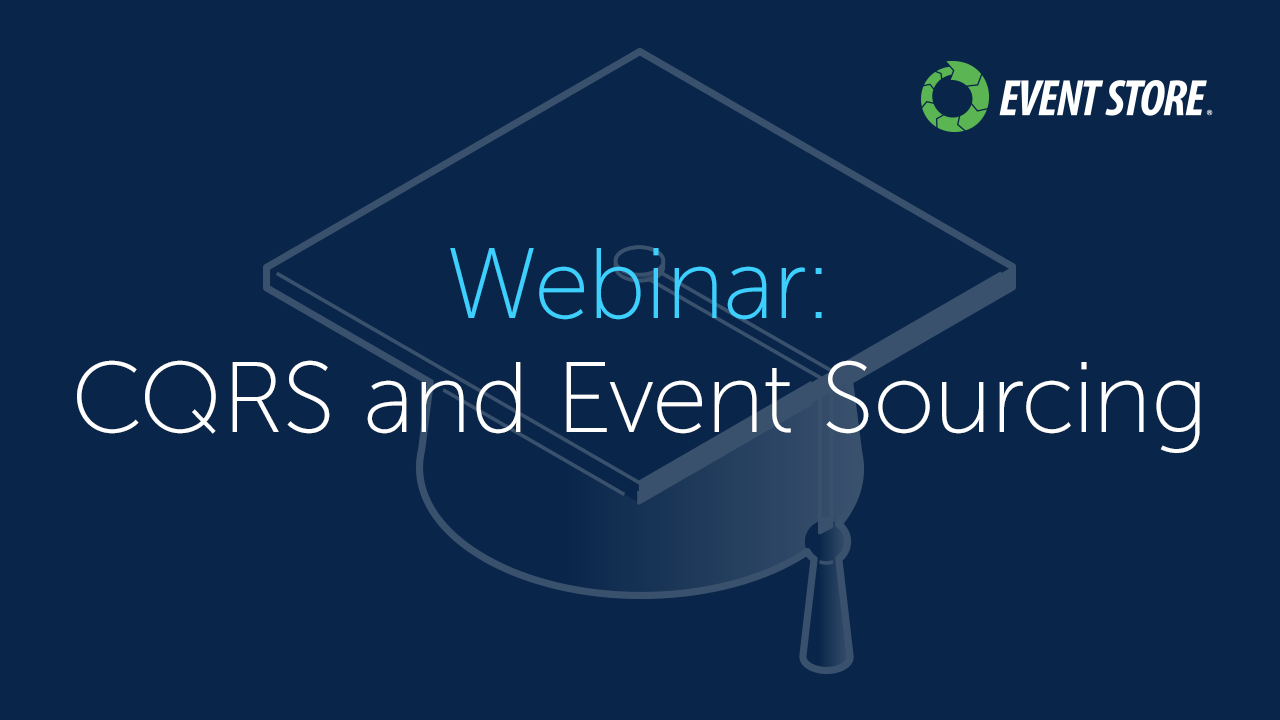
Event Sourcing and CQRS
Duration: 2 hoursWe go a little beyond the very basics of Event Sourcing and start implementing an application that uses the CQRS pattern. -
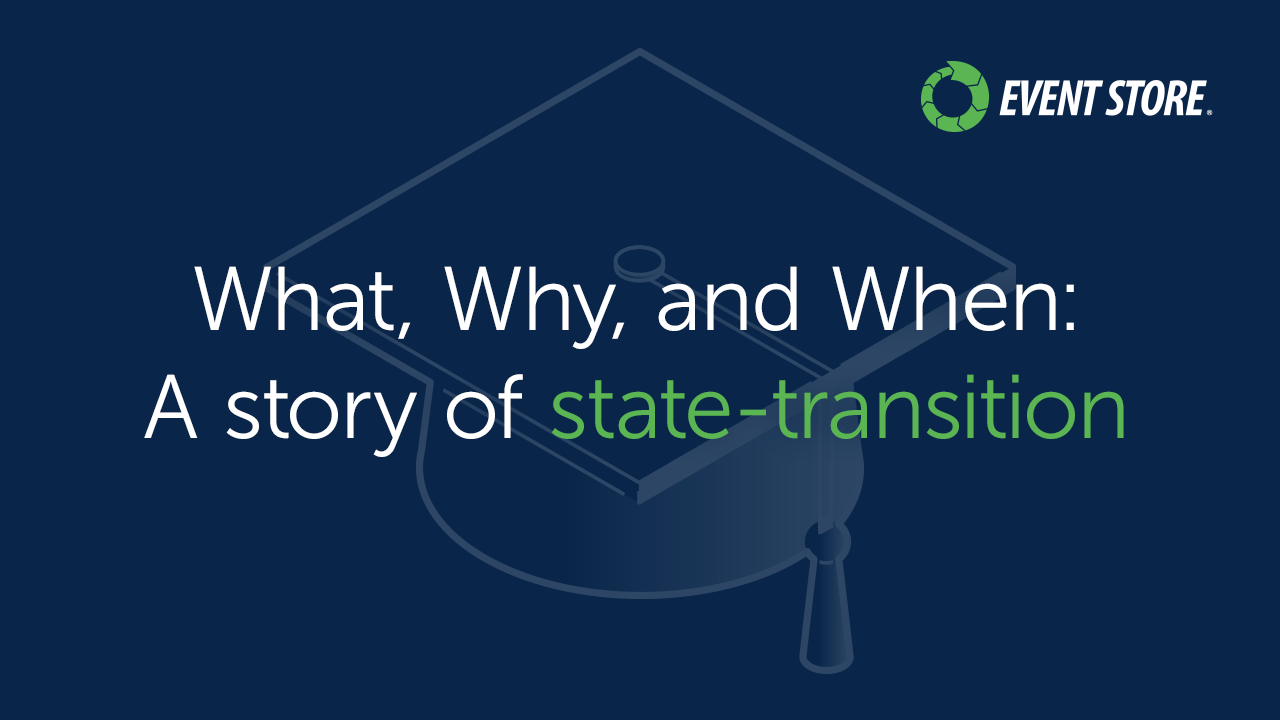
What, Why, and When: a story of State-Transition
Duration: 1 hourState transitions record not just what’s changed, but why it changed, and in the order those changes occurred. Yves Lorphelin explains why this is important and how it can give your business new insights into your data. -
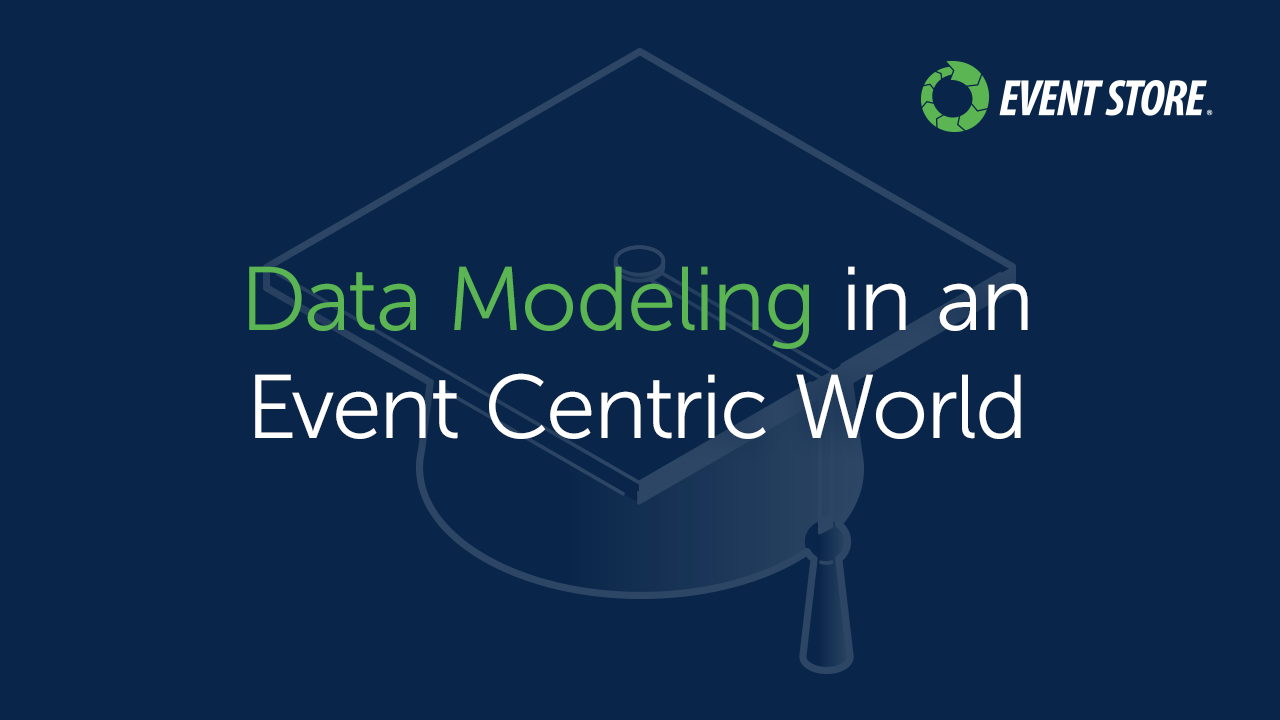
Data Modeling in an Event Centric World
Duration: 1.5 hoursWhen moving to an Event Centric data model it often feels like all of the data modeling tools and skills we have built over the years in more traditional systems are lost. In truth it is the exact opposite. -
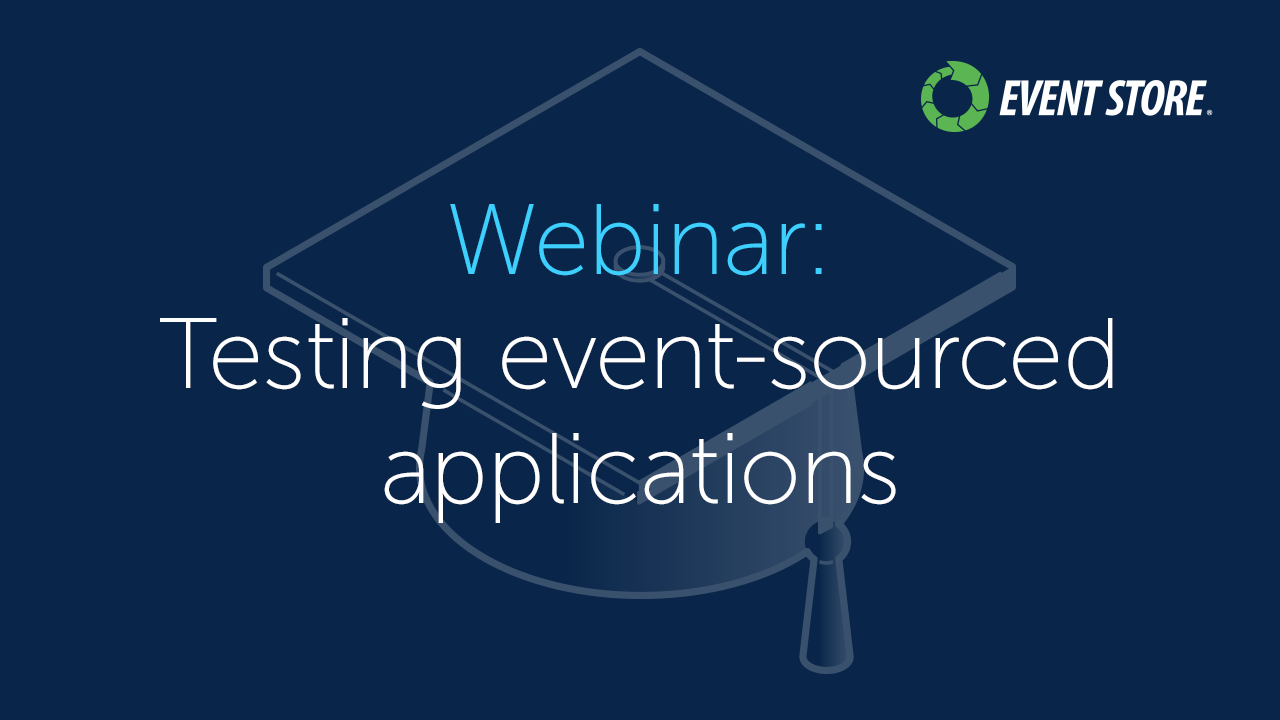
Testing Event-Sourced Applications
Duration: 1 hourWe cover the different components that exist in event-sourced systems and a way to test them in isolation in a simple but not simplistic fashion. -
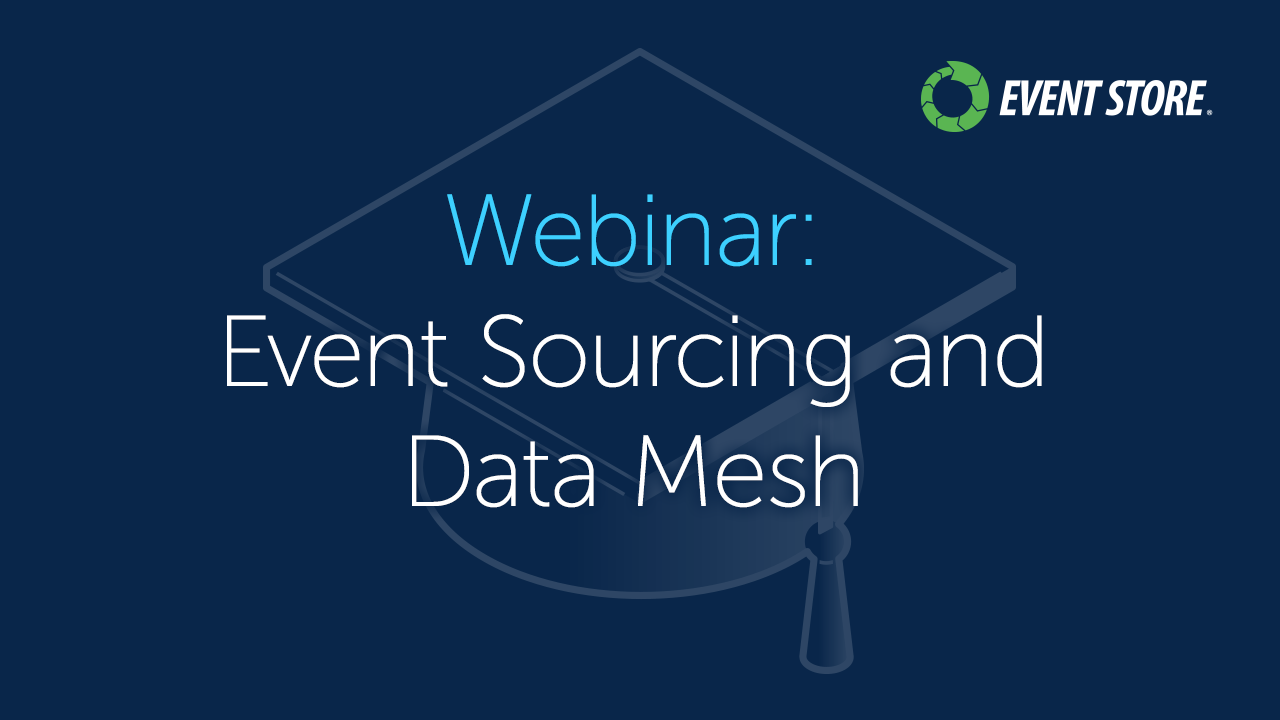
Event Sourcing and Data Mesh
Duration: 1 hourDomain events share both operational and analytical characteristics, and we’d like to share our ideas about building data products in event-sourced systems. -
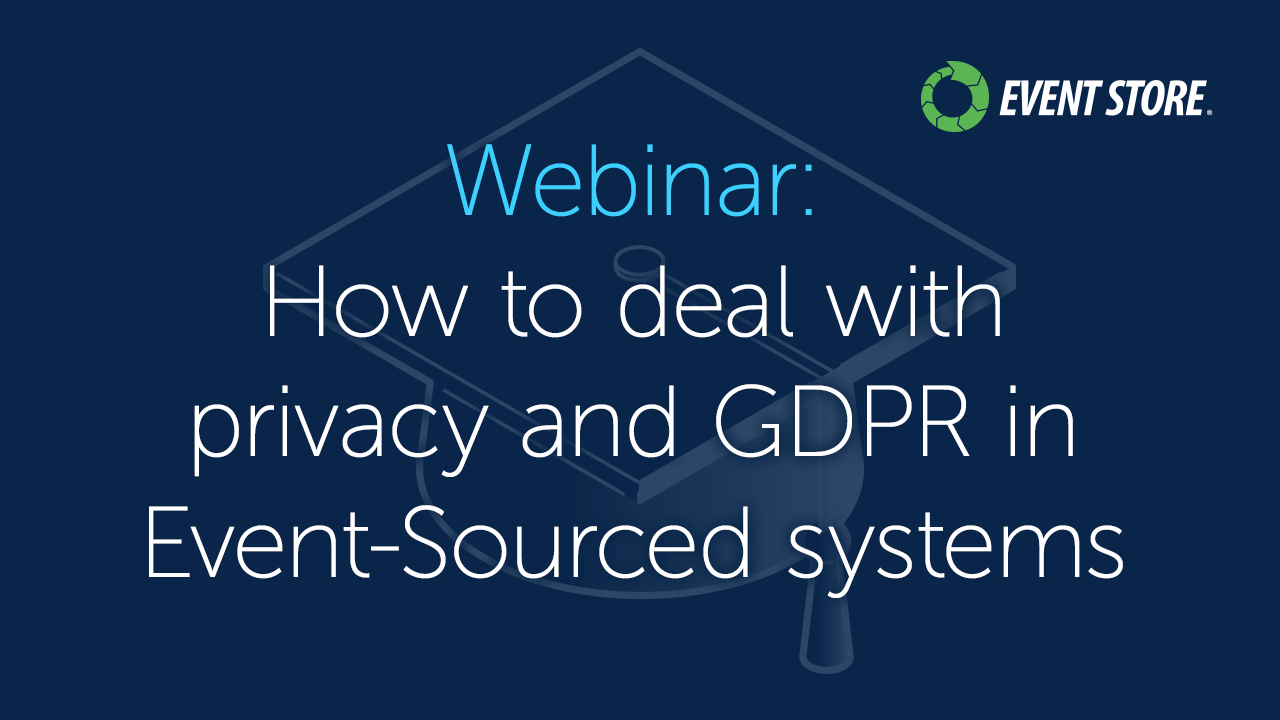
How to deal with privacy and GDPR in Event-Sourced systems
Duration: 1.5 hoursIn the webinar, Oskar Dudycz will explain the most popular strategies for dealing with privacy in event-sourced systems, including live coding and application of crypto shredding techniques. -
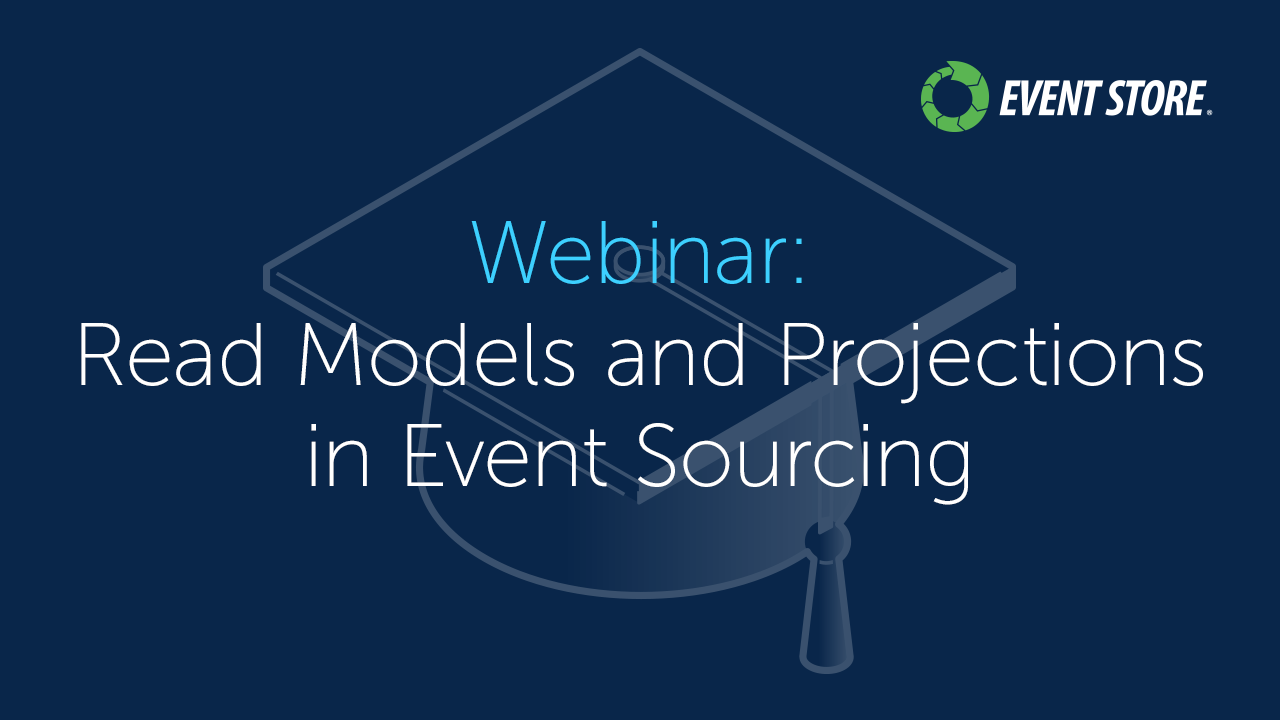
Read Models and Projections
Duration: 2 hoursWe introduce some patterns and anti-patterns of read models, and gives tips on how to build projections with subscriptions in EventStoreDB, and cover eventual consistency. -
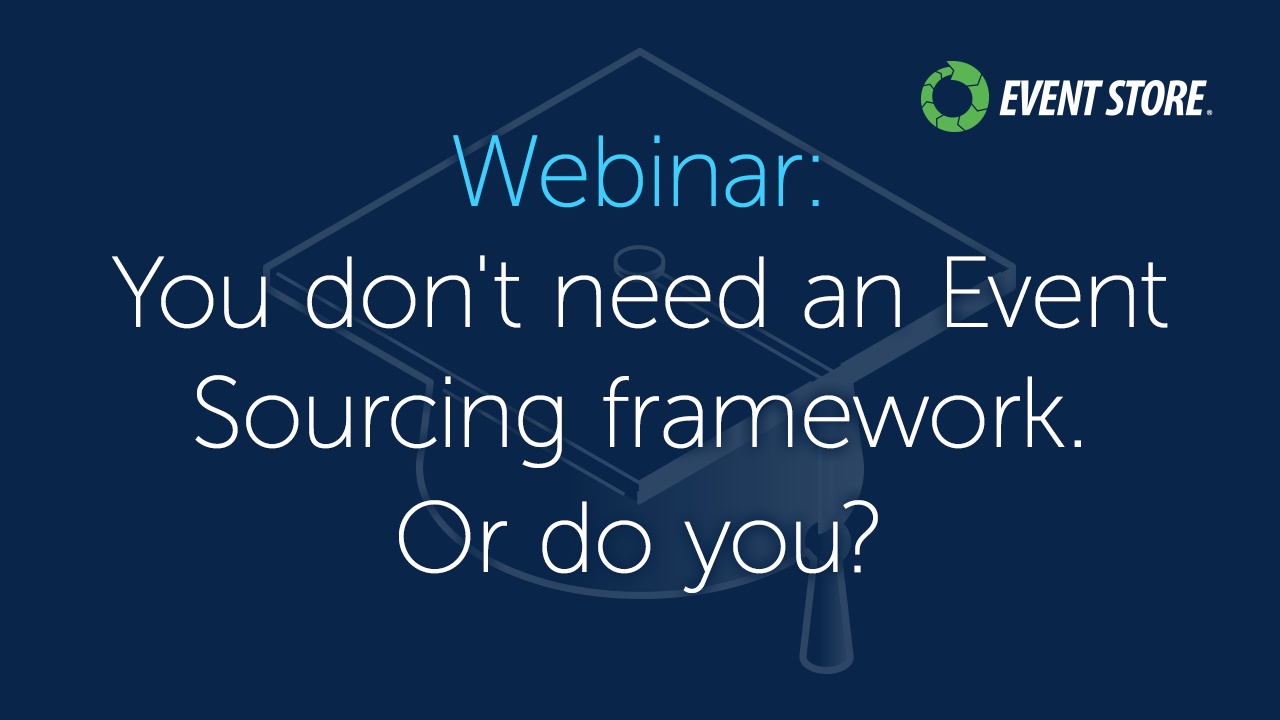
You don't need an Event Sourcing framework. Or do you?
Duration: 1.5 hoursWhen we talk about implementing an event-sourced system, we hear from the experts in the subject that Event Sourcing, in essence, is an easy concept. You don't need a framework, they say. Or do you?
Articles
-
What is Event Sourcing?
Read time: 14 minutesEvent Sourcing is an alternative way to persist data in which each state mutation as a separate record called an event, and current state is built from replaying those events. -

10 problems that Event Sourcing can help solve for you
Read time: 6 minutesWhen Event Sourcing is the right architecture style or not? The universal answer tends to be "it depends". So I started thinking about the typical problems where I would use Event Sourcing. I came up with a couple of them, some more functional and some more technical. Here's a summary of those thoughts. -
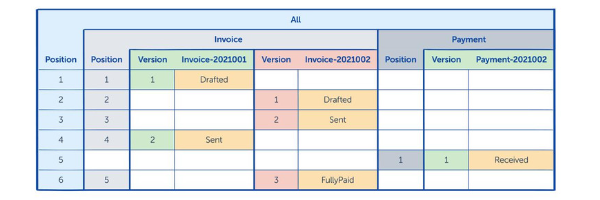
Requirements for the storage of events
Read time: 10 minutesThis article aims to provide a minimal list of structures and operations that should be available in an event store and ensure application developers can focus on adding business value while knowing the event store of choice provides all the needed features that will allow their application design to grow. -

What's in an (event) name?
Read time: 7 minutesSo, if cooler heads reign when talking about the state of events, what's to be done to help systems evolve and adapt to change? How do we build scalable, interoperable event-driven systems? How do we keep inertia and the cost of change down? -
Keep your streams short!
Read time: 40 mintuesModeling is hard. We need to take so many things into account. This article will explain the basics of temporal modeling, a foundation for keeping your stream short living. -
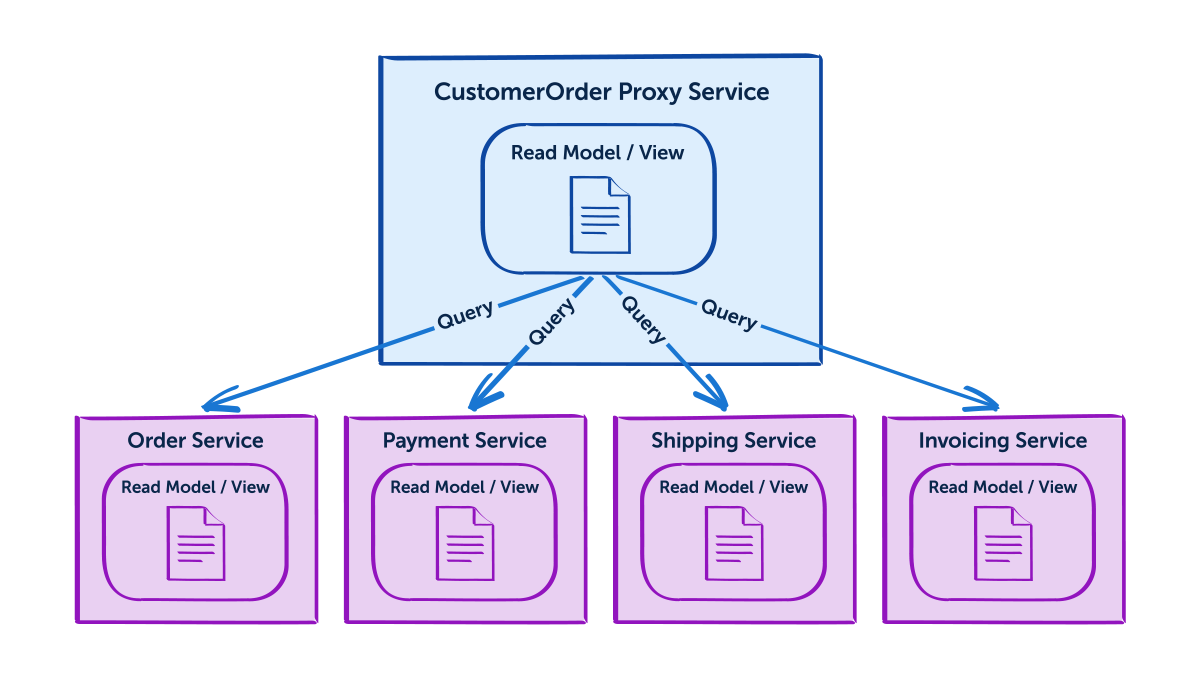
Live projections for read models with ES/CQRS
Read time: 13 minutesHow do you do lightweight read models? Anton Stöckl guides you through this process with this detailed blog post. -
4 Strategies for future events with ES
Read time: 7 minutesCraig Morris has set out 4 strategies for dealing with future events, solving problems as he goes. Let's gooo! -
Service-Oriented Architecture vs Event-Driven Architecture
Read time: 5 minutesIn order to know when to use event-driven architectures, we have to understand what the alternatives are, their benefits and drawbacks, and when they are most appropriate.